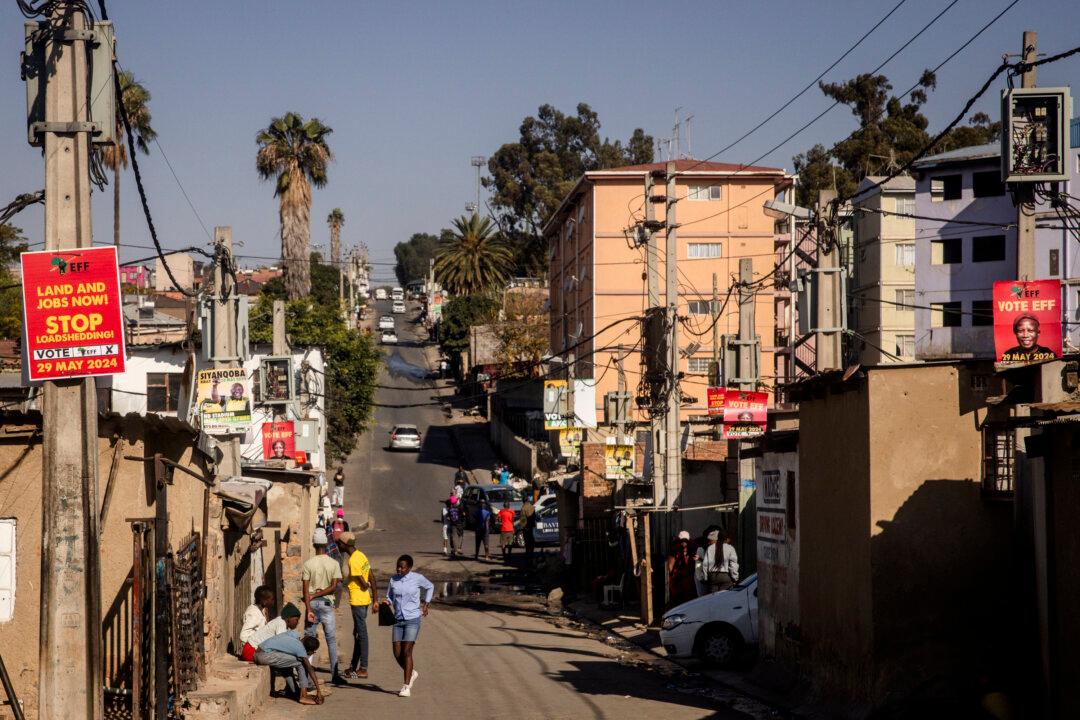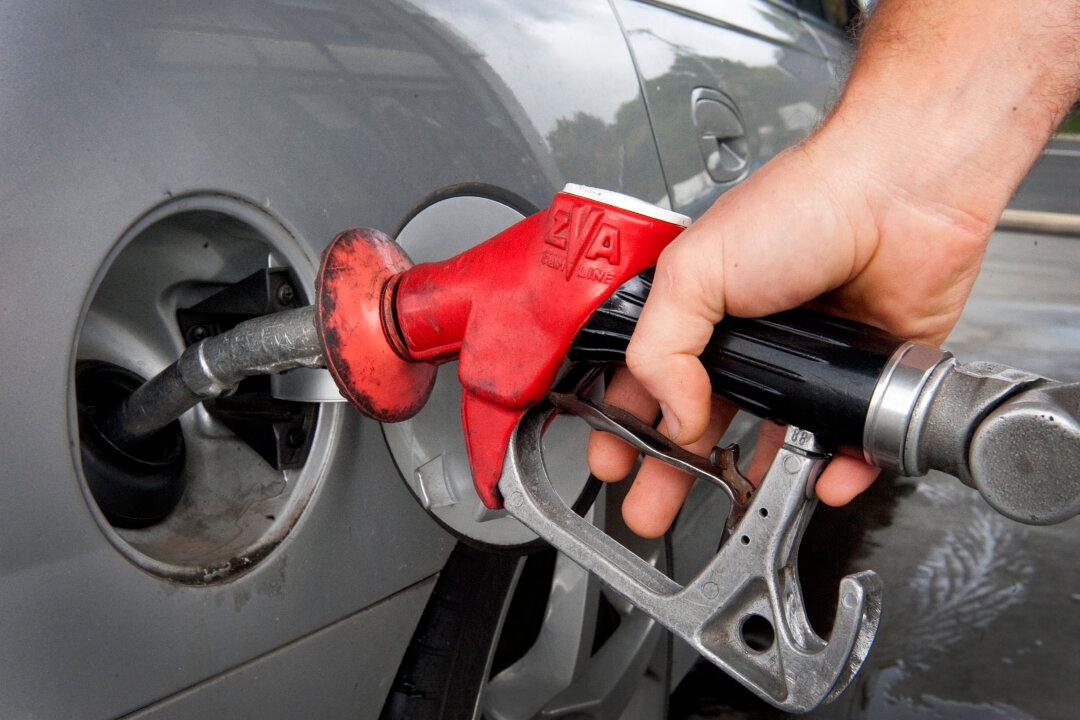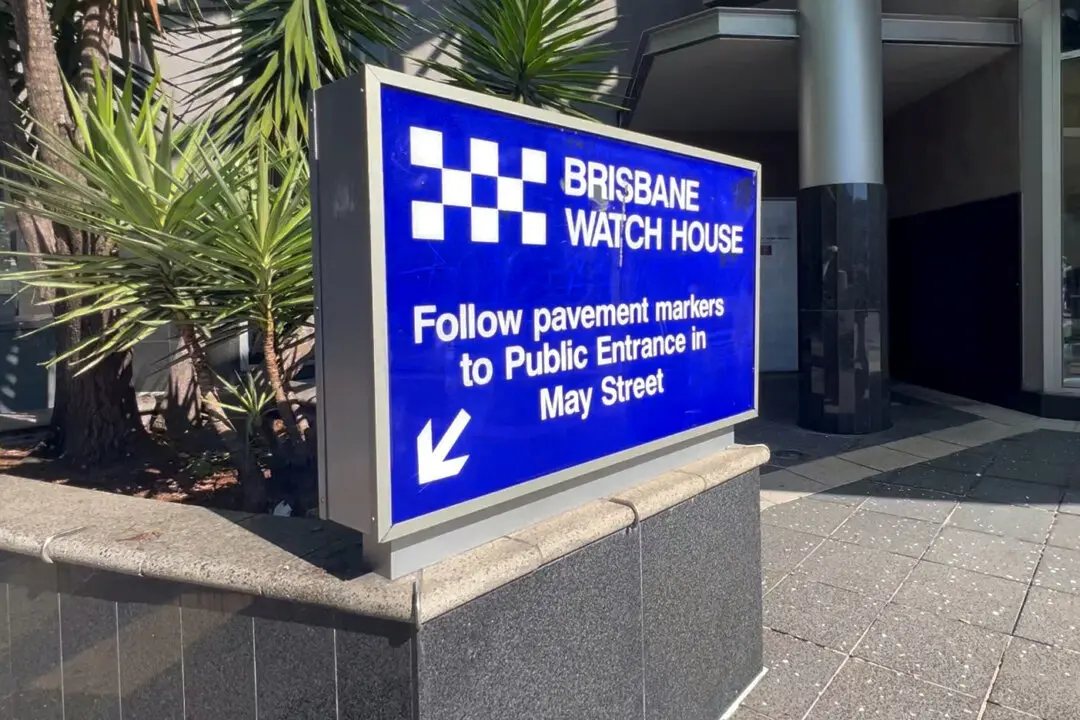Earlier this month, U.S. President Donald Trump signed an executive order formalising a freeze on aid to South Africa amid concerns for the safety of white land owners.
Along with the order came Trump’s announcement of pathways to resettle white South Africans and their families in the United States






